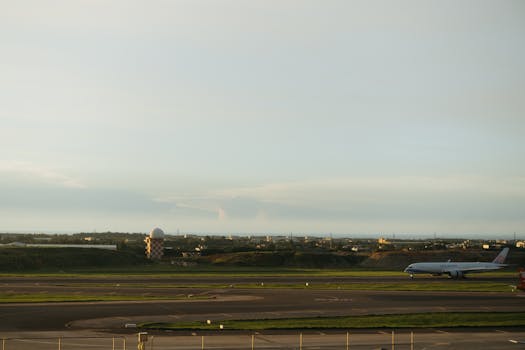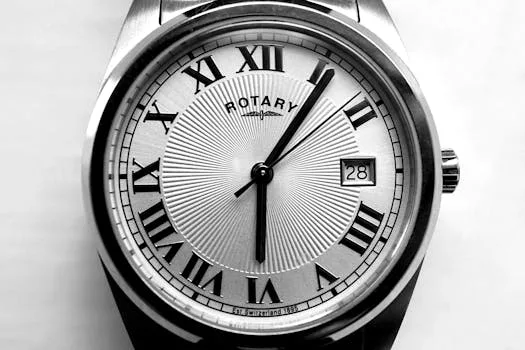The Future of Luxury Jet Airplanes: Innovations and Trends Shaping Tomorrow’s Aviation
Takeaways:
- The luxury jet market is experiencing rapid technological advancements.
- Sustainability is becoming a key focus, with electric and hybrid jets on the horizon.
- Passenger comfort and personalization are being prioritized through innovative designs.
- The rise of urban air mobility is changing the landscape of private air travel.
- New regulations and safety standards are shaping the future of aviation.
The luxury aviation sector is on the brink of a transformation, driven by technological advancements, changing consumer preferences, and a growing emphasis on sustainability. As we look to the future, several key trends are emerging that are set to redefine the experience of flying in luxury jets.
Sustainable Aviation: The Green Revolution
One of the most significant trends in the luxury jet industry is the push towards sustainability. With growing concerns about climate change and the environmental impact of air travel, manufacturers are focusing on developing sustainable aviation fuels (SAFs) and electric propulsion systems. The goal is to reduce carbon emissions and minimize the ecological footprint of private aviation.
Companies like Electric Aircraft Network are leading the charge with innovations in electric and hybrid jets, promising to deliver not only eco-friendly options but also significant savings on operational costs. These aircraft are expected to be quieter and more efficient, appealing to environmentally conscious travelers.
Moreover, the adoption of sustainable practices is not limited to the aircraft themselves. Luxury jet operators are rethinking their entire supply chains, from fuel sourcing to catering services, ensuring that sustainability becomes an integral part of the luxury travel experience.
Redefining Comfort and Personalization
As the competition in the luxury jet market intensifies, manufacturers are increasingly focusing on enhancing passenger comfort and personalization. The latest models are being designed with spacious interiors, advanced soundproofing, and customizable layouts that allow clients to create their ideal flying experience. Potential features include spa-like amenities, gourmet dining options, and advanced entertainment systems.
Innovations in cabin technology are also playing a significant role in redefining luxury air travel. With features like adjustable lighting, climate control, and high-speed internet, passengers can maintain their productivity or relaxation throughout the flight. Companies like Boeing Business Jets and Airbus Corporate Jets are at the forefront of these advancements, offering bespoke services to meet the diverse needs of their clientele.
Urban Air Mobility: The New Frontier

Companies such as Volocopter and Joby Aviation are developing eVTOLs that cater to the luxury market, offering a new level of convenience and efficiency. This shift towards urban air mobility not only enhances the travel experience but also reduces traffic congestion, making it an attractive option for city dwellers.
Regulations and Safety Standards
As the luxury jet industry evolves, so too does the regulatory landscape. New safety standards and regulations are being introduced to ensure that these advanced aircraft meet stringent safety requirements. Organizations like the Federal Aviation Administration (FAA) and the European Union Aviation Safety Agency (EASA) are pivotal in shaping these regulations, focusing on the safe integration of new technologies into the airspace.
With the introduction of innovative aircraft and urban air mobility solutions, it is essential that safety remains a priority. Manufacturers are investing heavily in research and development to enhance safety measures, ensuring that luxury travel remains a secure option for all passengers.
As we look to the future, the luxury jet industry is poised for significant changes, driven by sustainability, comfort, urban mobility, and stringent regulations. Those who embrace these advancements will not only enhance their travel experiences but also contribute to a more sustainable future in aviation.






